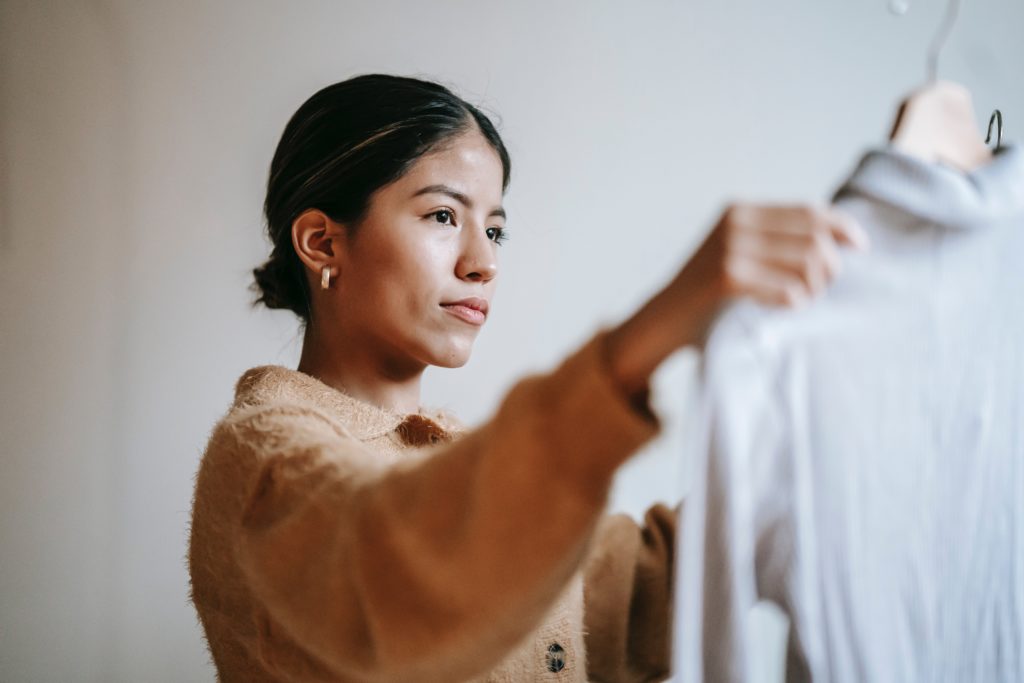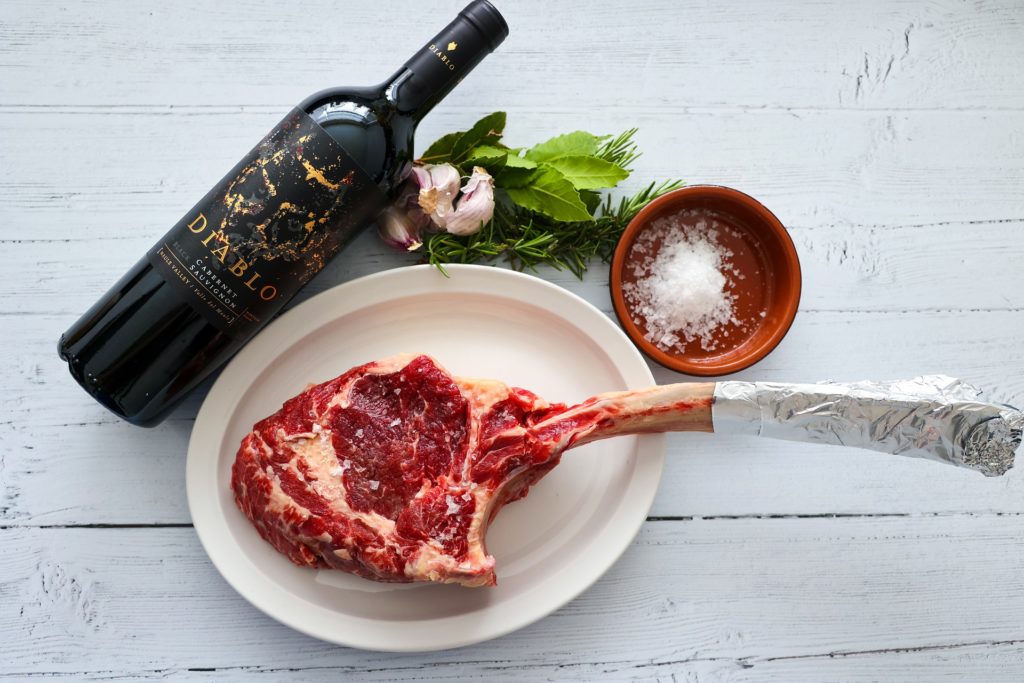
By Yvonne Milosevic
Do your friends and family not so lovingly refer to you as a packrat or the Clutter King? We’re not suggesting you’re a prime candidate for an episode of Hoarders, mind you. But you have accumulated lots of stuff you never seem to use. If that sounds familiar, you may have fallen victim to the “specialness spiral.”
This happens when ordinary things we buy but don’t ever use transform into veritable treasures—in our minds, at least. Over time, that bottle of wine, cute dress, or those high-end golf balls become too precious to enjoy for just any ol’ occasion. And voila—their status has been upgraded to special-occasion-use-only.

Why Don’t We Use Our Stuff?
This question hit home for researchers Jacqueline Rifkin, assistant professor of marketing at the Bloch School of Management, and Jonah Berger, associate professor of marketing at Wharton. Writing in The Conversation, Rifkin describes six experiments she and Berger ran that ultimately uncovered a significant reason people accumulate so many ordinary possessions without ever using or getting rid of them.
“When people decide not to use something at one point in time, the item can start to feel more special,” Rifkin explains. “And as it feels more special, they want to protect it and are less likely to want to use it in the future.”
As Berger says in this Knowledge @Wharton podcast, “It’s this ratcheting upward of a specialness spiral where an item that started out very ordinary, through repeated lack of use eventually becomes quite special and seen more as a treasure.”
In his case, it was something as mundane as a new pair of socks. Rikfin, meanwhile, says a never-worn blouse from Target sparked her lightbulb moment. It “now holds a special place in my closet, and no occasion feels quite worthy of my wearing it.”

Break Out of the Specialness Spiral
The main culprit for this mental trap comes from the pursuit of the so-called “perfect moment.” We’re convinced that there’s an ideal time to drink that wine or wear that dress. So, we wait for that moment to magically reveal itself to us.
But delays made with the hope of one day having the ultimate consumption experience often backfire, UCLA Anderson’s Suzanne B. Shu and UPenn’s Marissa Sharif have found. Either it never happens at all, or it doesn’t end up being nearly as good as you had imagined.
“Our research provides one explanation for how and why clutter accumulates,” says Rifkin. To combat the specialness spiral, the researchers suggest we commit in advance to using an item on a specific occasion.
“When buying a dress, tell yourself you’ll wear it this weekend. Or when purchasing a candle, plan to light it that day,” Rifkin advises. “This strategy should limit how often you consider – but ultimately forgo – using things, and encourage you to actually enjoy your possessions.”

Finally, there’s insight here for marketers, too, as Berger points out. “Instead of a dress being marketed as a fancy dress or wine being just marketed as red wine, describe it as a ‘New Year’s dress’ or ‘wine for a steak dinner’,” he suggests. “Really associating it with specific occasions will make people go, ‘Oh, this is that occasion. It’s time to use this thing’.”


